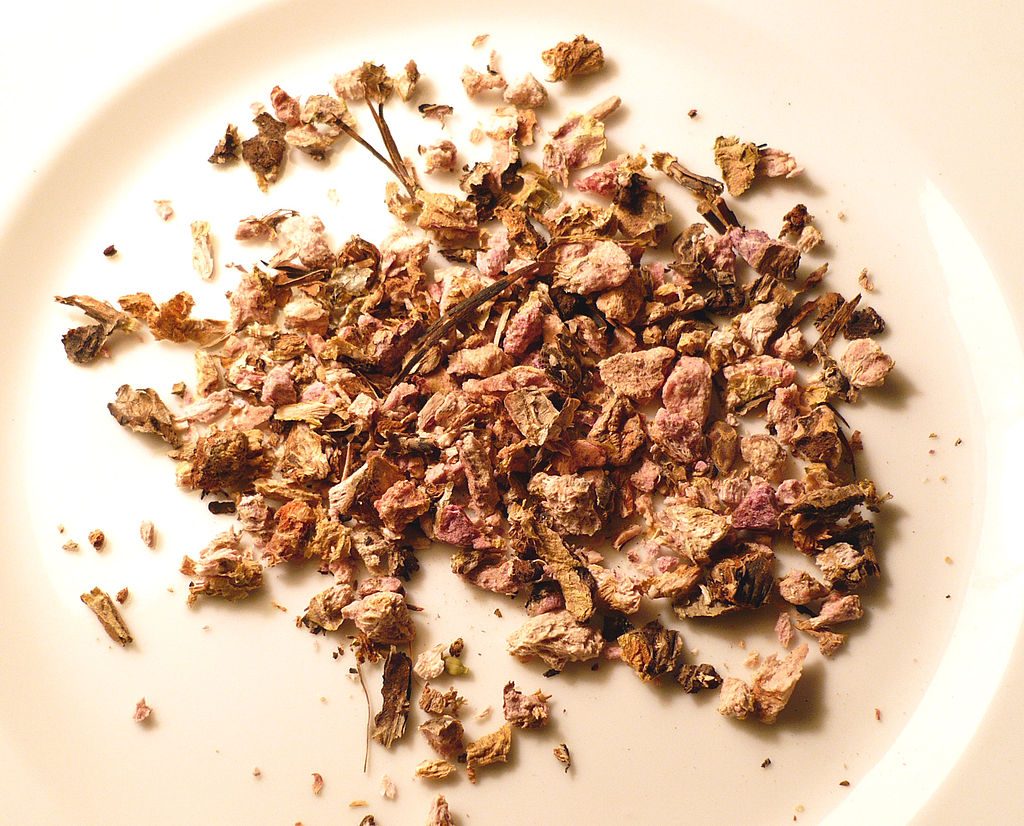 Rhodiola rosea is a traditional herbal treatment and popular dietary supplement. Rhodiola has particular adaptogenic properties that make it a useful supplement to reduce stress, improve cognition and to decrease depressive and anxious symptoms. The mechanisms by which Rhodiola rosea can cause physiological changes in animals and humans is not fully understood. However, a number of cellular changes are initiated by Rhodiola rosea including causing reductions in circulating stress hormone markers such as the SAPK/JNK protein kinase. The inference here is that the physiological effects of the herb may be due to a general decrease in the stress response. Such a stress response is known for example to lead to decreased physical and mental capacity, and by inhibiting it, Rhodiola could prevent the declines in performance associated with such stress. Rhodiola appears to be particularly useful to those undertaking exercise, and in this regard single acute administrations of the herb may be effective.
Rhodiola rosea is a traditional herbal treatment and popular dietary supplement. Rhodiola has particular adaptogenic properties that make it a useful supplement to reduce stress, improve cognition and to decrease depressive and anxious symptoms. The mechanisms by which Rhodiola rosea can cause physiological changes in animals and humans is not fully understood. However, a number of cellular changes are initiated by Rhodiola rosea including causing reductions in circulating stress hormone markers such as the SAPK/JNK protein kinase. The inference here is that the physiological effects of the herb may be due to a general decrease in the stress response. Such a stress response is known for example to lead to decreased physical and mental capacity, and by inhibiting it, Rhodiola could prevent the declines in performance associated with such stress. Rhodiola appears to be particularly useful to those undertaking exercise, and in this regard single acute administrations of the herb may be effective.

Rhodiola rosea is an adaptogenic herb. Rhodiola is defined as an adaptogenic herb because it possesses all of the following properties. Firstly, it has a general anti-stress and anti-fatigue effect. Secondly, it has a stimulating effect different from normal central nervous stimulants such as caffeine. Thirdly, it does not disturb the normal homeostatic mechanisms, but has a normalising effect in this regard. The image shown here is of the dried herb. Image from: By Badagnani (Own work) [GFDL (http://www.gnu.org/copyleft/fdl.html) or CC BY 3.0 (http://creativecommons.org/licenses/by/3.0)], via Wikimedia Commons.
For example, in one study 200 mg of Rhodiola rosea extract was administered to a group of healthy subjects 1 hour before they performed number of physical tests. The Rhodiola was standardised for 3 % rosavin and 1 % salidroside to ensure that the supplements were as consistent as possible. Both rosavin and salidroside are thought to be active compounds in Rhodiola that may exert the physiological effects of the herb. The results of the study showed that the acute and single ingestion of Rhodiola rosea significantly improved exercise performance in the healthy individuals. In particular, there was a significant increase in the time to exhaustion, and in addition, maximum oxygen capacity increased significantly. Therefore a single, acute dose of Rhodiola rosea may improve exercise tolerance in healthy individuals. This supports the contention that rhodiola is an effective supplement for athletes and may be worth considering as a pre-exercise performance enhancer.
Eat Well, Stay Healthy, Protect Yourself
RdB
